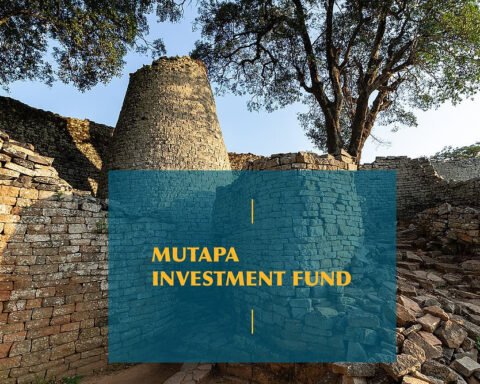In a recent development, the International Monetary Fund (IMF) concluded a significant two-week visit to Zimbabwe, led by Wojceiche Maliszewski. The mission aimed to engage in discussions regarding Zimbabwe’s request for a Staff Monitored Program (SMP) and to kick off the 2024 Article IV Consultation. However, the conclusion of the visit brought to light that Zimbabwe will not receive financial assistance from the IMF without implementing substantial monetary and fiscal reforms.
The IMF delegation, through a detailed statement, emphasized that Zimbabwe’s current debt situation is unsustainable, as per the IMF’s Debt Sustainability Analysis, coupled with the country’s official external arrears, hindering any potential financial support. A comprehensive restructuring plan for Zimbabwe’s external debt, inclusive of clearing arrears and introducing a reform plan aligned with macroeconomic stability, inclusive growth, poverty reduction, and enhanced economic governance, is deemed essential for any future IMF arrangement.
Key areas of concern highlighted by the Bretton Woods Institution include the need for structural, fiscal, and monetary reforms. The IMF underlined the critical need to address fiscal pressures, notably the Quasi Fiscal Operations of the Reserve Bank of Zimbabwe (RBZ), and advocated for legal amendments to realign the central bank’s operations with its primary mandate.
Acknowledging the government’s recent move to transfer the RBZ’s external liabilities to the Treasury as a positive step, the IMF warned that the costs associated with servicing these liabilities are expected to surpass initial estimates, potentially leading to a financing gap in the 2024 budget.
The IMF also pointed out the importance of structural reforms aimed at enhancing the business environment, fortifying economic governance, and mitigating corruption vulnerabilities. Such reforms are crucial for fostering sustained and inclusive growth and align with Zimbabwe’s National Development Strategy 1 (2021 – 2025) goals.








